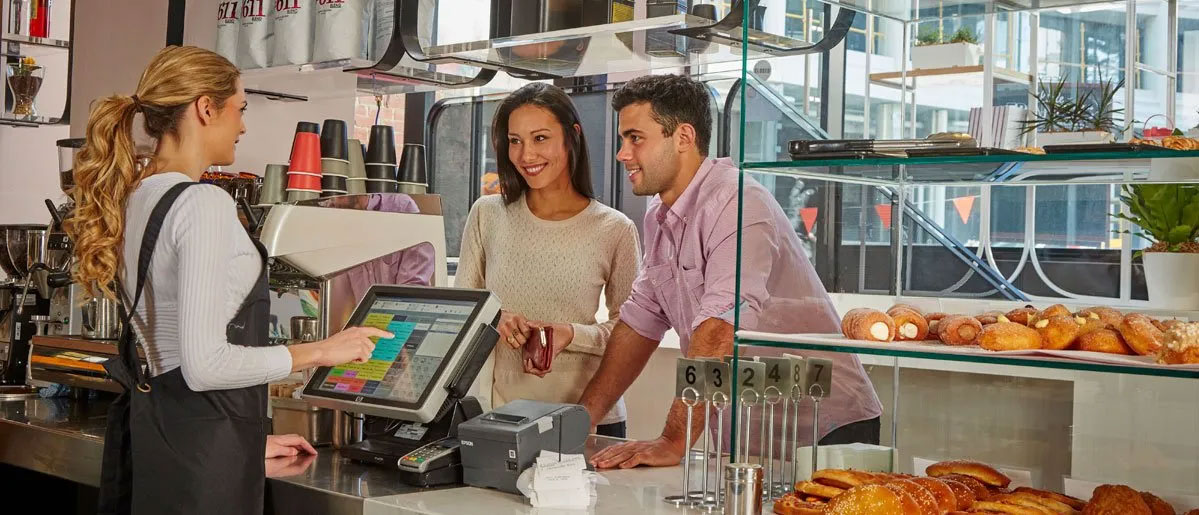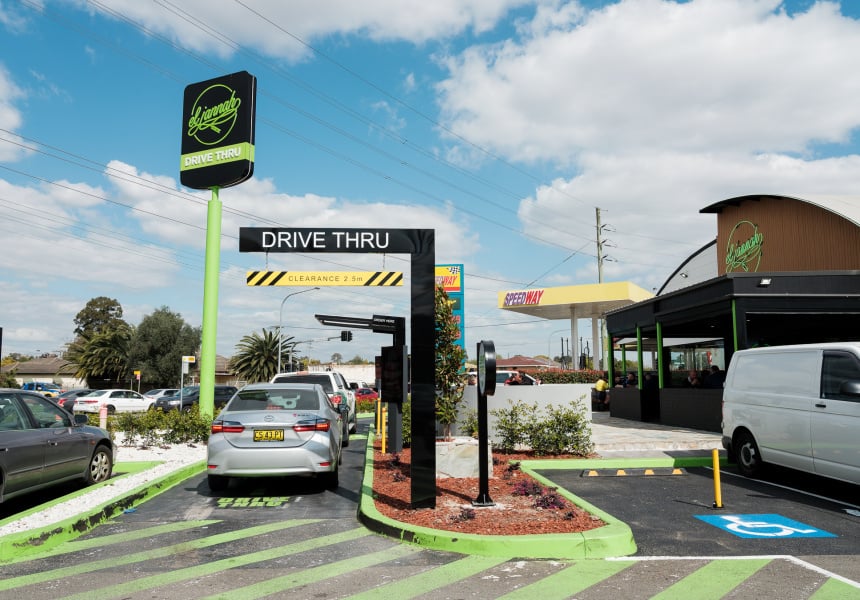Drive-thru innovation: how tech is transforming traditional drive-thru
We love our drive-thrus
3 min read
Louie Scarpari : 10/01/2023 4:10:53 PM

Franchising is big business - it’s one of the fastest growing segments in Australia economy, representing 4% of our economy. There were over 1100 franchises in the market in 2016, and almost 80,000 units. Hospitality is a significant part of the franchising sector, with six of the top ten Australian franchise businesses being hospitality ventures [1].
To be successful, franchise businesses must, above all, be efficient and scalable. There are six core things that they do really well to achieve that - but the benefits are not confined to multi-million dollar enterprises. Smaller, non-franchise businesses can learn some great lessons for growth by taking a leaf out of the franchise playbook.
1. Streamlining
Franchise businesses are the kings of streamlined processes. A franchise business must be efficient. That means a laser focus on reviewing processes to remove all unnecessary steps. Small businesses sometimes fall into the trap of ‘we do it this way because we’ve always done it this way’ or ‘this is the best it can be’, but thinking like a franchise means having a ‘review and improve’ mindset that believes there is always a better and more efficient way to do things. It is a mindset that looks to trim away even the slightest inefficiencies, knowing that, at scale, they all add up.
2. Repeatable, documented processes
The fundamental basis of a franchise business is that the franchisor can hand over an outlet knowing that it can be run in the same way as all the others, across the country or even the world. Repeatable processes make for predictable outcomes. For processes to be repeatable, they need to be documented - franchise businesses are highly disciplined at documenting every process, every recipe and every price. In small businesses, by contrast, a lot of key information is often held in the head(s) of one or two key people, placing great reliance on individuals and making it difficult to operate without them, or to scale without cloning them. The key to being able to grow from one to multiple venues is documented, repeatable processes.
One example is recipe management - something that is a part of a franchise business’ standard operation. Chatime, the teahouse franchise, has literally hundreds of flavour combinations, so to ensure consistency, they supply staff with a step by step recipe, via the point of sale system. Chatime knows that its customers are getting the same flavour experience and it is using the same ingredients at the same cost, no matter when or where the drink is made.
3. Training
All the documented processes in the world are pointless unless they are shared. Franchises understand the value of training and make a significant investment in ensuring that all of their staff are on the same page. In a small business, perhaps a single venue where the owner is often on-site, it’s easy to relegate training to a quick explanation of how the POS and the coffee machine work and leave everything else to be ‘picked up as you go’. You might just be able to make that work in a single venue, but as soon as you grow beyond those four walls, there’s no room for learning on the spot - consistency and high standards will need well-planned and executed training.
4. Centralisation
A ‘single source of the truth’ is one of the underpinning principles of efficiency - one version of key business information, which ensures consistency, means no double handling of data in multiple places and no risks to data integrity. Franchise businesses centralise essential operational data - like recipes, pricing, customer information - and make it accessible by multiple users and apps. Whilst small hospitality businesses may not have a ‘head office’, even a small organisation can rapidly find itself with more than one version of key information - an issue that only grows as the business grows. The message for small businesses is that it’s never too early to introduce the discipline of a single source of the truth.
5. Digital communication
Centralised information is also the enabler for running marketing and communications campaigns digitally. Offers and campaigns are built once and then communicated to all stores and/or customers via digital signage boards, customer facing POS screens or customised apps. For smaller, non-franchise businesses, the learning from the franchise world is that if you are preparing to scale for growth, it’s never too early to start thinking about how you can communicate most efficiently with your customers, to get you the up-sells, cross-sells and repeat business that is going to fuel your growth to becoming a multi-site business.
6. Monitor, improve, monitor
Franchise businesses run on data - it’s how they know what is happening and make the business decisions that keep them running efficiently and keep them growing. They understand the value of real-time data to enable immediate action, such as on the daily, or even hourly, performance of a store. They also rely on the ‘bigger picture’ data to identify trends and keep steering the business in the right direction. No matter what size a hospitality business is, it always needs to know the numbers and the lesson for smaller and non-franchise businesses is that no matter what your size, there is no substitute for capturing and analysing the key metrics that indicate the health of your business.
So there you have it - the six things that franchises do really well, and which all hospitality businesses, large or small, single or multi-site can learn from. If you can take a leaf out of the franchise book and get on top of these six things from the start, they will smooth your path to growth.
[1] Businessfranchiseaustralia.com

We love our drive-thrus

Time for dinner - and Australians around the country open up a food ordering app, scroll their favourite cuisines and place an online order for...

As we approach a new year, thoughts naturally turn to what lies ahead. Hospitality businesses move into 2023 with some pretty big challenges, but...